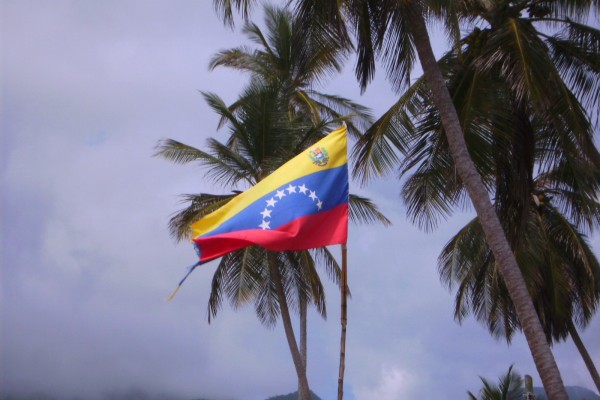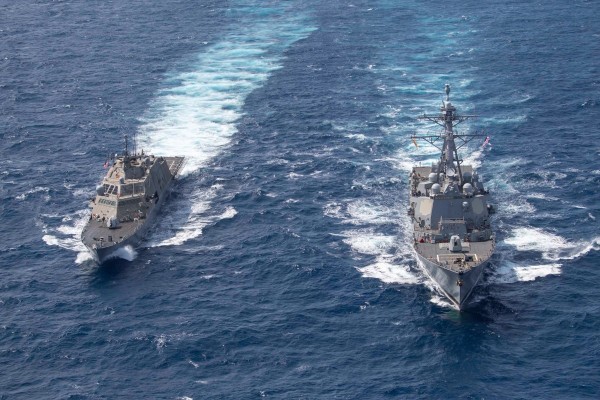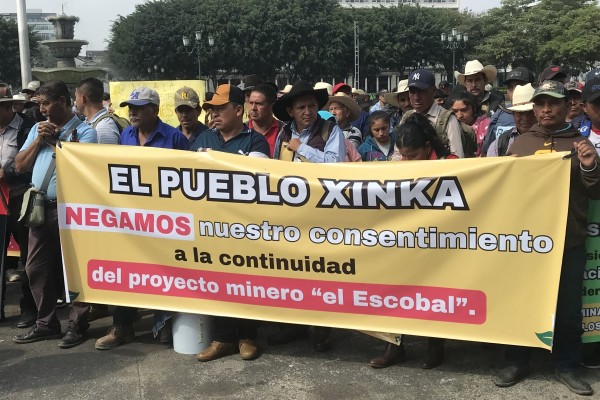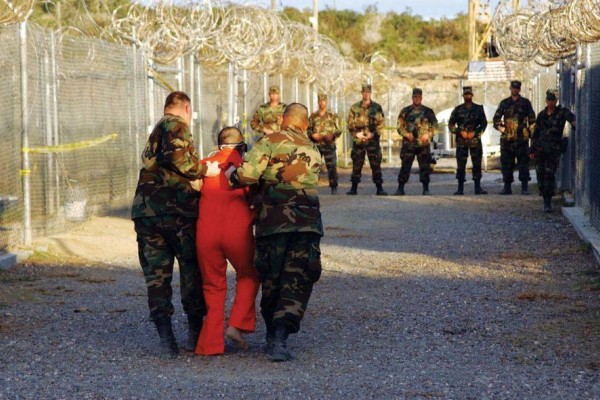-

Is Canada complicit in Trump’s illegal war in Venezuela?
The Trump administration’s covert bombing campaign against alleged Venezuelan “narco-terrorists” has drawn scrutiny from legal experts and human rights observers. As evidence of cartel ties remains unproven, Canada faces troubling questions about whether its exported surveillance technology has made it complicit in unlawful US military strikes.
-

US acts like pirates in the Caribbean
The United States is acting less like a global guardian and more like a Caribbean pirate—launching drone strikes, flouting international law, and pursuing oil under the guise of fighting drugs. From Panama to Venezuela, writes Hank Kennedy, history shows Washington’s interventions are driven by power and profit, not principle.
-

Mark Carney’s silence on Venezuela reveals complicity
On September 2, the US military bombed a boat in the Caribbean, killing 11 civilians. Regional leaders denounced the attack as murder, but Canadian Prime Minister Mark Carney remained silent. His stance reflects a deeper history of hostility toward Venezuela, including blocking its gold reserves while governor of the Bank of England.
-

Panama’s revolutionary youth are confronting imperialism and dictatorship
Formed in 2019, Juventudes Revolucionarias (JR, or JR-16) is a socialist organization made up of young Panamanian revolutionaries. They have organized against undemocratic constitutional reforms, Canadian mining companies, and US imperialism. Now, they are engaged in resistance against the US-backed government of José Raúl Mulino.
-

Canadian-owned mine in Guatemala needs Indigenous consent
In the culmination of a historic consultation process in Guatemala, the Xinka Indigenous people have just presented their decision to the Guatemalan government, denying consent over the future of Vancouver-based Pan American Silver’s Escobal mine. This is a clear example of Indigenous peoples exerting their right to decide what happens on their territory.
-

The hazardous machinations of Canada’s mining elite
As the dangers that mining-affected communities and environment defenders continue to mount in Mexico, Colombia, Ecuador and other countries, Canadian mining companies such as Equinox Gold confirm their reputation as bullies, blind to everything but their profits, who use their political, economic and legal advantages to impose their will.
-

Cuba, Canada, and the second Trump administration
As the Cuban Revolution enters its 66th year, the country is still in a difficult position, perhaps its most difficult since the overthrow of the Batista government in 1959. Many of the struggles of the Special Period remain, not to mention a migration crisis, hundreds of thousands of Cubans having left recently and more attempting to leave through various channels, some dangerous.
-

Guantánamo redux
The human rights situation in Cuba is bad, and about to get worse. Prisoners will be denied basic constitutional rights and reports of abuse and torture will surface. No, we are not talking about treatment of dissidents opposed to the revolutionary government—but rather to the victims of US foreign policy in the tropical gulag of Guantánamo.
-

Remembering Canada’s support for the US invasion of Panama
On December 20, 1989, US forces invaded Panama and overthrew the government of Manuel Noriega. Noriega had proven too independent for his one-time sponsors in Washington, who suddenly accused him of drug trafficking and endangering American citizens in the country. Canada was the only nation in the Western Hemisphere to openly support the invasion.
-

Assassination plot in Bolsonaro’s office raises question—why did Canada support him?
The alleged assassination plot by members of Jair Bolsonaro’s inner circle is the latest indication of the Brazilian right’s intense hatred for their political enemies. For years, their attacks on the left have been supported by Washington and Ottawa, whose companies benefit from the policies implemented by these reactionary governments.



